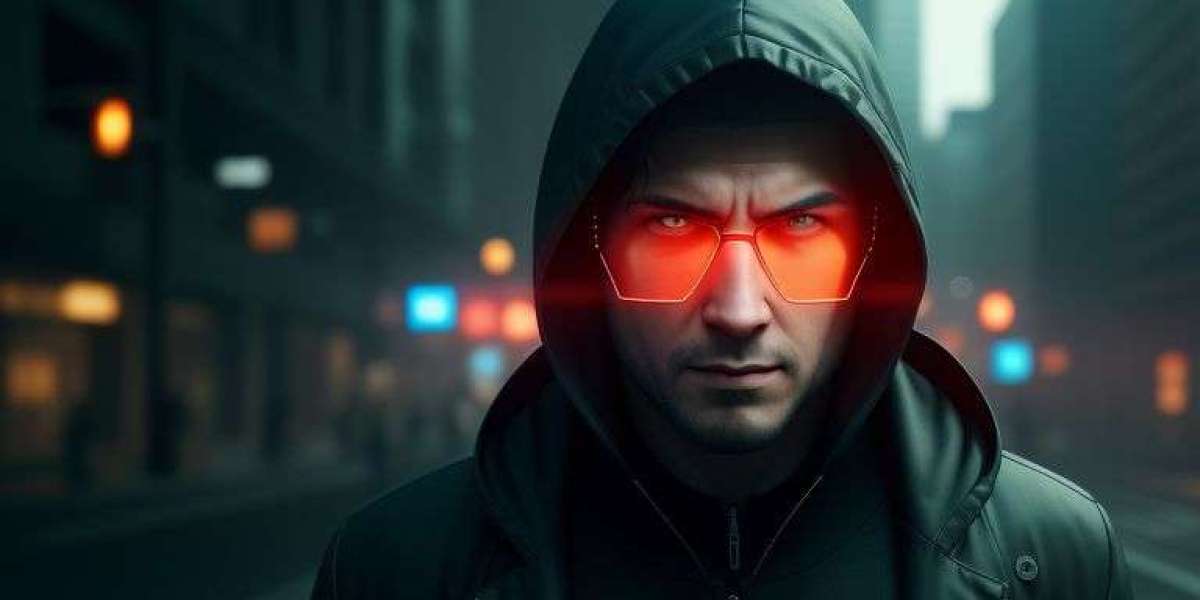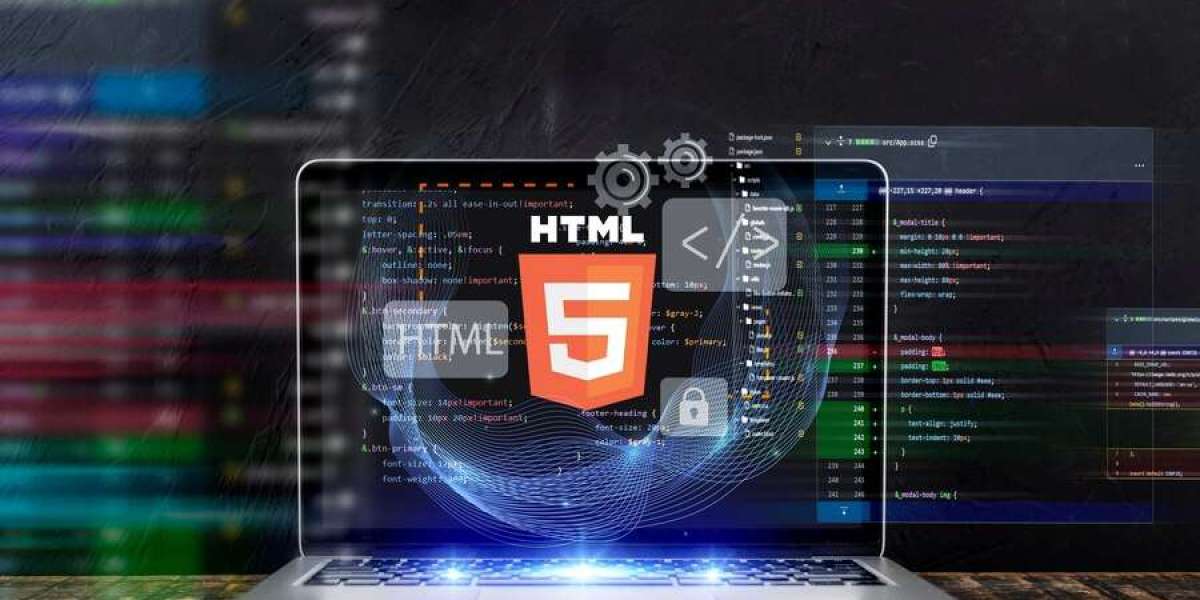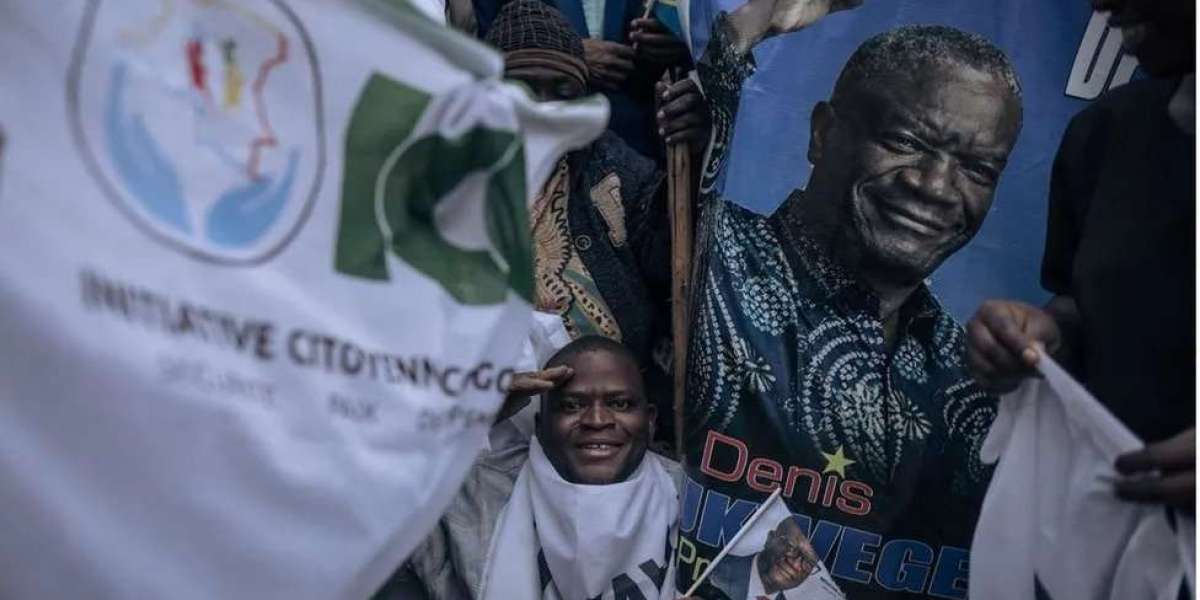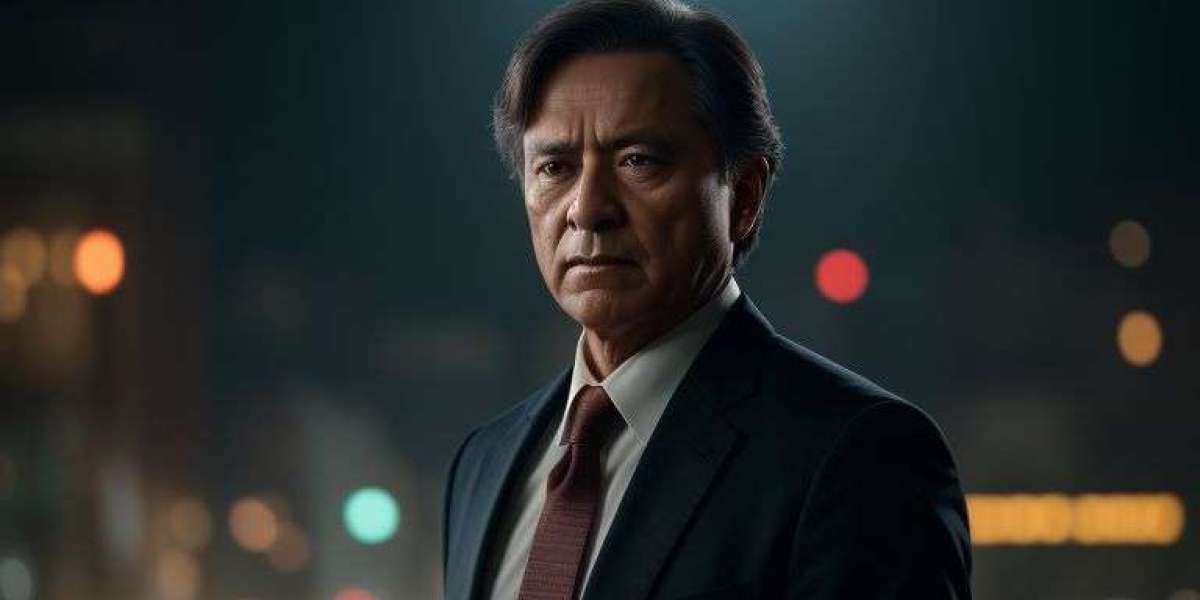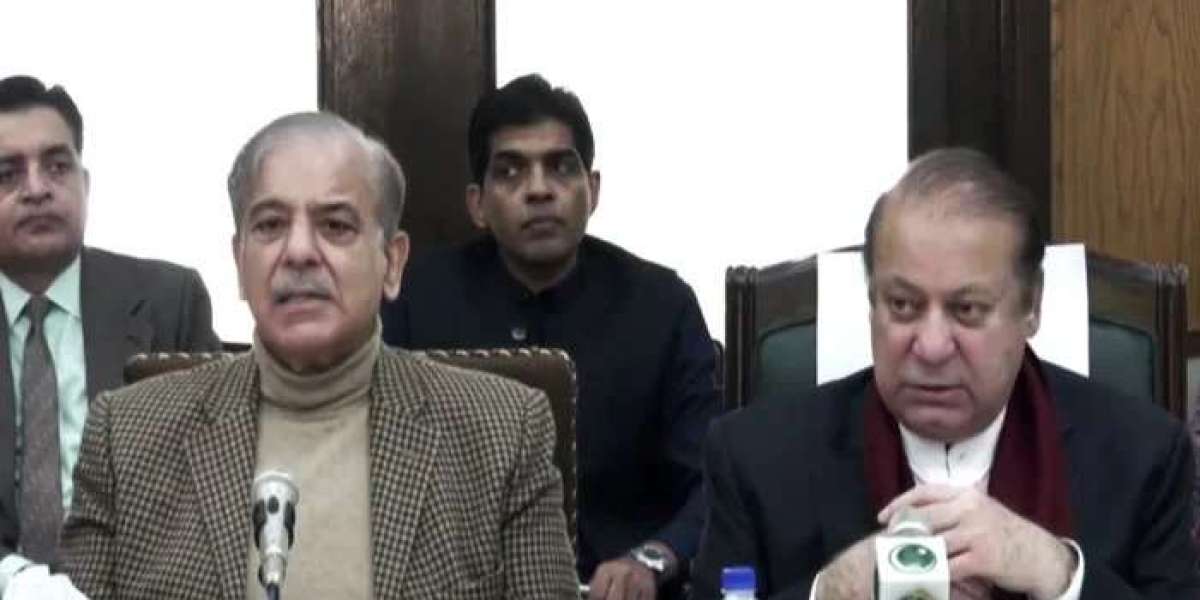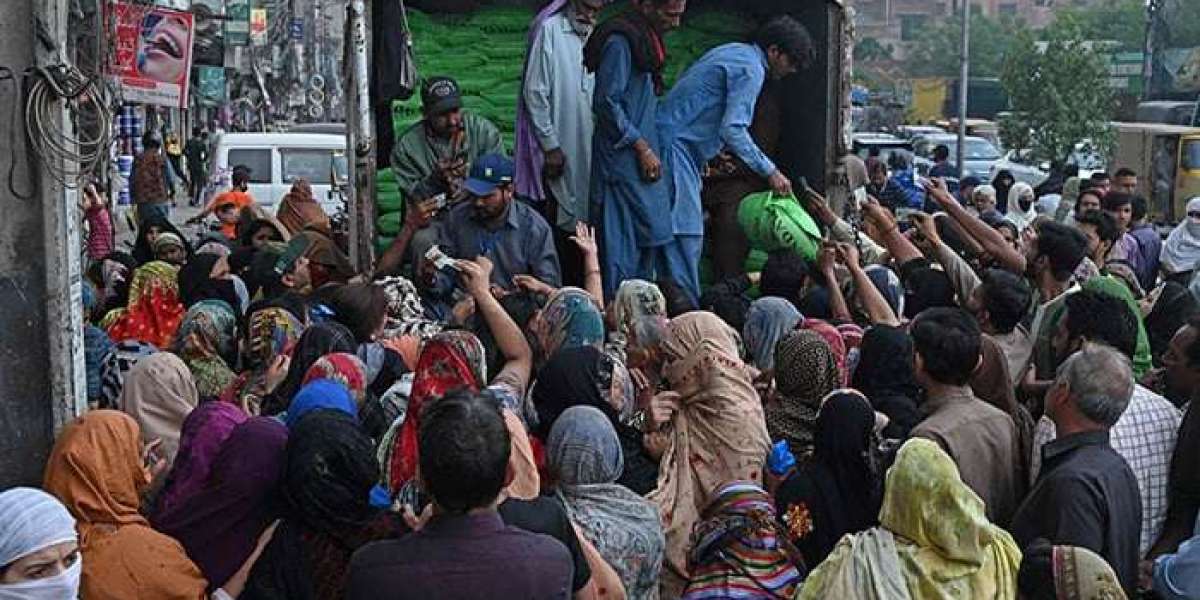1. Kevin Mitnick
- Nickname: "The Condor"
- Notable Exploits: Kevin Mitnick is often regarded as the most famous hacker in the world. Once on the FBI's Most Wanted list, Mitnick gained unauthorized access to some of the most secure computer systems, including those of IBM, Nokia, and the Pentagon. His expertise lay in social engineering, manipulating people into giving up information rather than relying solely on technical prowess.
- Legacy: After serving time in prison, Mitnick reinvented himself as a cybersecurity consultant and author, helping organizations protect themselves from the very tactics he once employed.
2. Anonymous
- Nickname: N/A (Anonymous is a decentralized collective)
- Notable Exploits: Anonymous isn't a single hacker but a collective of hacktivists with a shared goal: fighting against corruption, censorship, and oppression. The group is known for launching cyber-attacks against governments, corporations, and institutions that they deem to be infringing on rights and freedoms.
- Legacy: Anonymous has been involved in numerous high-profile operations, including protests against Scientology, attacks on the websites of financial institutions, and support for the Arab Spring. Their mantra, "We are Anonymous. We are Legion. We do not forgive. We do not forget. Expect us," has become synonymous with hacktivism.
3. Adrian Lamo
- Nickname: "The Homeless Hacker"
- Notable Exploits: Adrian Lamo gained notoriety for hacking into high-profile networks, including those of Microsoft, Yahoo!, and The New York Times. He was known for his unconventional lifestyle, often living on the streets or in abandoned buildings, which earned him his nickname.
- Legacy: Lamo became famous for reporting U.S. Army intelligence analyst Chelsea Manning to authorities after Manning leaked classified information to WikiLeaks. His actions sparked significant debate over the ethics of hacking and whistleblowing.
4. Gary McKinnon
- Nickname: "Solo"
- Notable Exploits: Gary McKinnon, a Scottish hacker, was accused of perpetrating the "biggest military computer hack of all time." Between 2001 and 2002, he accessed 97 U.S. military and NASA computers, causing significant disruptions. McKinnon claimed he was searching for evidence of UFOs and free energy technology.
- Legacy: McKinnon’s case became a political hot potato, with the U.S. seeking his extradition for trial. However, after years of legal battles, the UK government blocked his extradition, citing concerns over his health.
5. Kevin Poulsen
- Nickname: "Dark Dante"
- Notable Exploits: Kevin Poulsen first made waves by hacking into telephone networks. In a particularly audacious act, he took over all the phone lines of a Los Angeles radio station to guarantee he would be the 102nd caller, winning a Porsche. He also accessed the records of federal investigations.
- Legacy: After serving time in prison, Poulsen reformed and became a respected journalist. He is currently the editor of Wired's Threat Level blog, covering cybersecurity and hacking.
6. Albert Gonzalez
- Nickname: "Soupnazi"
- Notable Exploits: Albert Gonzalez masterminded one of the biggest credit card theft operations in history. He was behind the theft of over 170 million credit card numbers from retailers like TJX Companies, OfficeMax, and Dave & Buster's. His operation involved SQL injection attacks on poorly secured networks.
- Legacy: Gonzalez was arrested in 2008 and sentenced to 20 years in prison. His case highlighted the vulnerabilities in retail security systems and the immense damage that cybercriminals can inflict on the economy.
7. Matthew Bevan and Richard Pryce
- Nickname: N/A (Hacked as a duo)
- Notable Exploits: In 1994, Matthew Bevan and Richard Pryce, both British hackers, gained unauthorized access to U.S. military systems. They nearly sparked an international incident by copying files from the Korean Atomic Research Institute and dumping them onto American military systems.
- Legacy: Bevan and Pryce’s actions demonstrated the potential for international conflicts arising from hacking. Although their motives were not malicious, their case served as a wake-up call for the importance of cybersecurity in international relations.
8. Jeanson James Ancheta
- Nickname: N/A
- Notable Exploits: Jeanson James Ancheta was the first hacker to be charged with controlling large-scale botnets. Ancheta used these networks of compromised computers to generate revenue by renting them out to other hackers and by launching denial-of-service (DDoS) attacks.
- Legacy: Ancheta’s case underscored the growing threat of botnets and their use in cybercrime. He was sentenced to 57 months in prison and ordered to pay restitution, marking one of the first significant legal actions against a botnet operator.
9. Michael Calce
- Nickname: "Mafiaboy"
- Notable Exploits: At just 15 years old, Michael Calce launched a series of high-profile DDoS attacks that took down major websites, including Yahoo!, eBay, CNN, and Amazon. His actions caused widespread panic and highlighted the vulnerabilities of even the largest companies.
- Legacy: Calce was arrested and sentenced to a period of probation. He later wrote a book about his experiences and now works as a cybersecurity expert, using his knowledge to help protect against the very types of attacks he once carried out.
10. Gary McKinnon
- Nickname: "Solo"
- Notable Exploits: Gary McKinnon, a Scottish hacker, was accused of perpetrating the "biggest military computer hack of all time." Between 2001 and 2002, he accessed 97 U.S. military and NASA computers, causing significant disruptions. McKinnon claimed he was searching for evidence of UFOs and free energy technology.
- Legacy: McKinnon’s case became a political hot potato, with the U.S. seeking his extradition for trial. However, after years of legal battles, the UK government blocked his extradition, citing concerns over his health.
